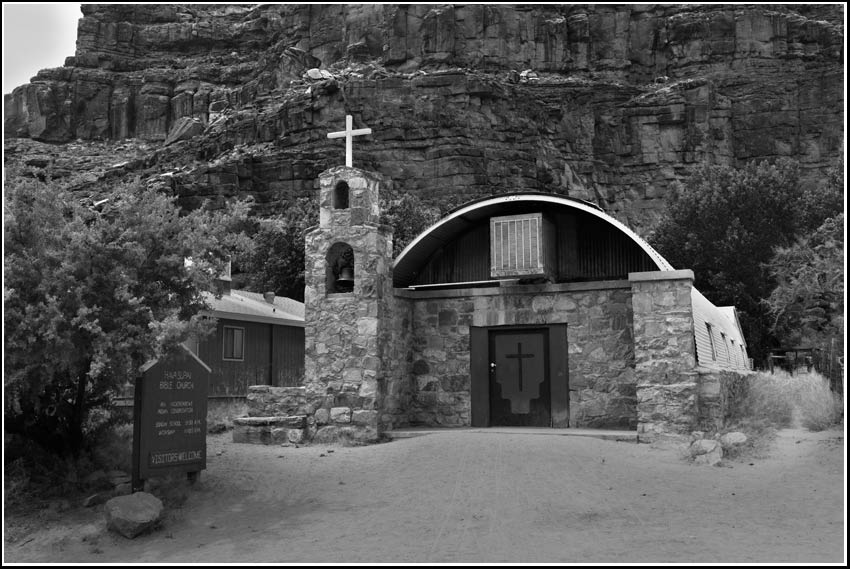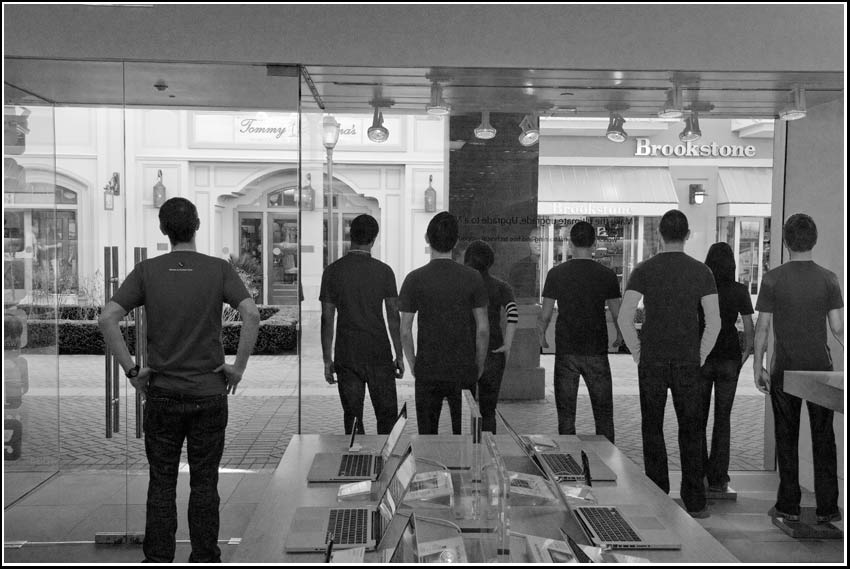
Author: WmX
walma
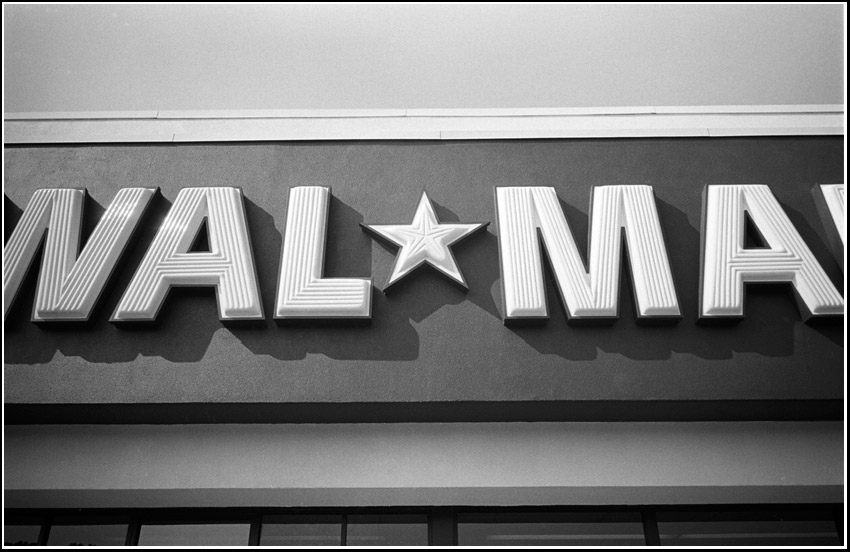
pond
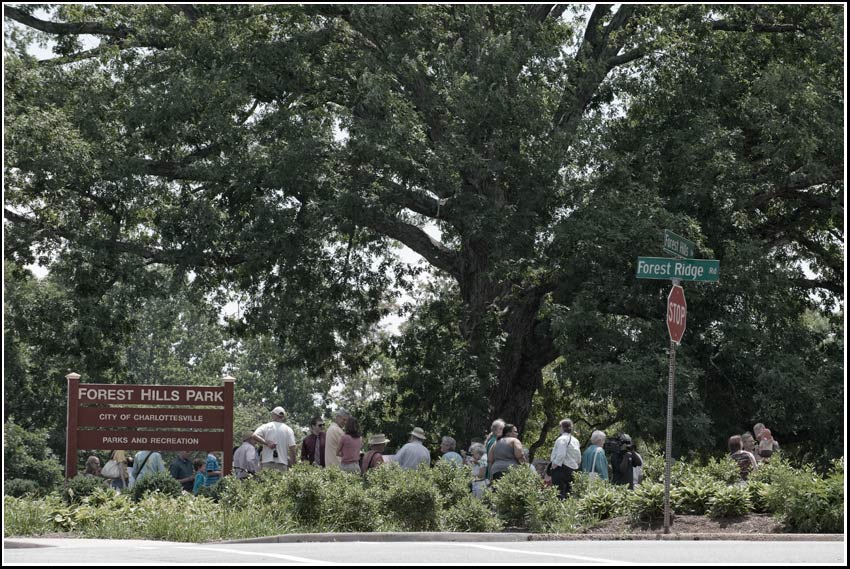
Dede Smith announced her candidacy for City Council yesterday, in a park, under a tree, south of the tracks.
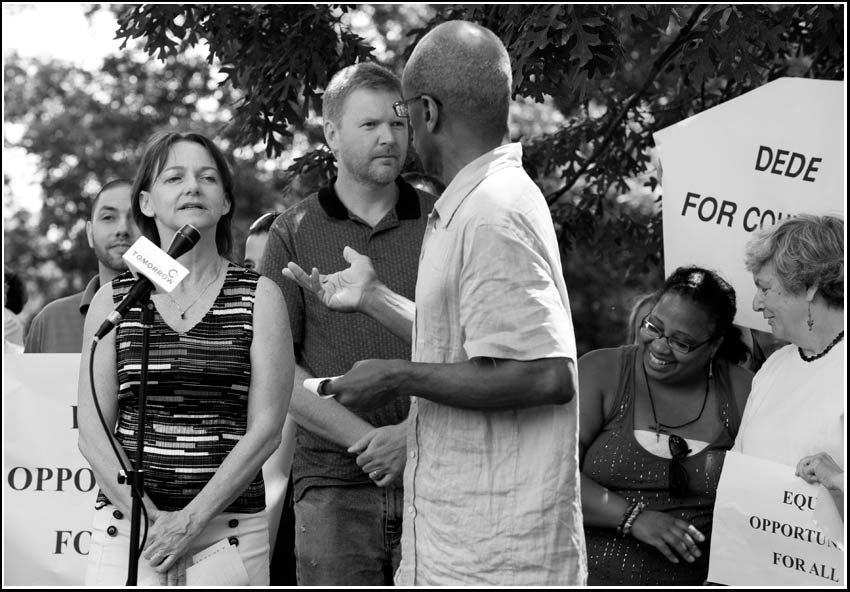
Ms. Smith was introduced by Mr. Cox, one of several Mayors in attendance.
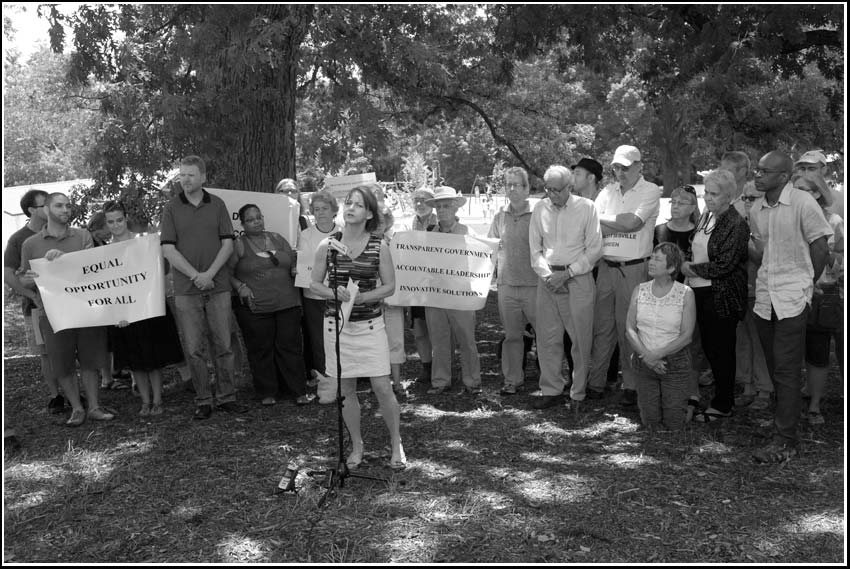
Following introductory remarks, Ms. Smith answered questions from broadcast, print and web journalists…
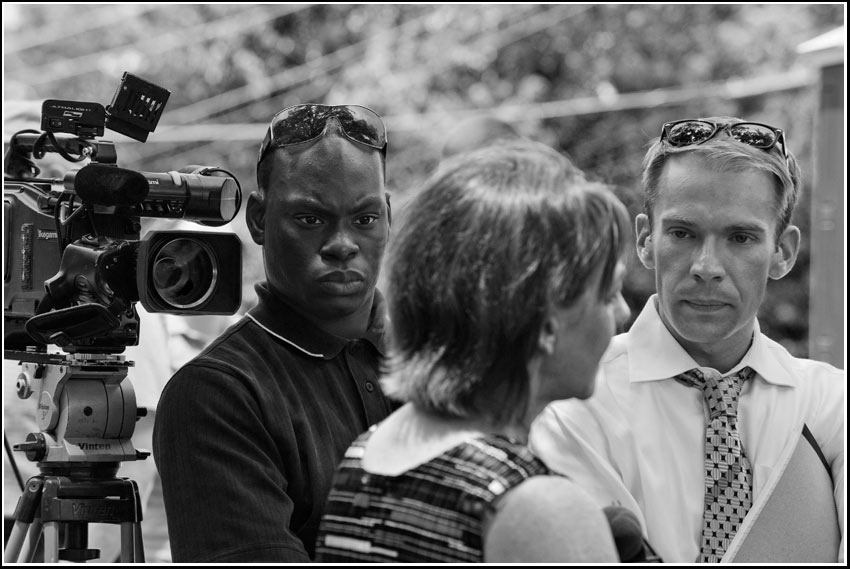
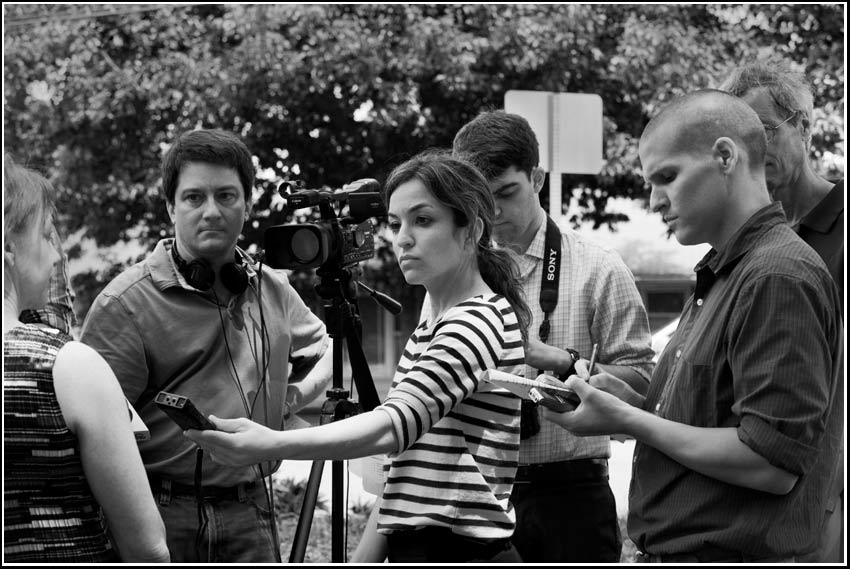
Charlottesville Tomorrow has the story.
2008 Volkswagen Passat 4D Sedan Lux
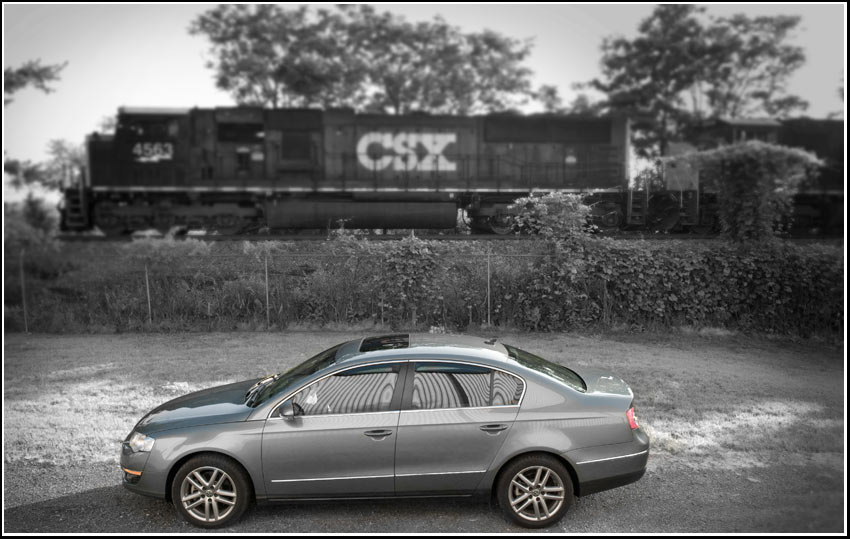
My mom has given up driving, I am trying to sell her car.
Prospective buyers of this vehicle will probably not be attracted by an image that infers that the Passat is as fast as a freight train.
Low mileage vehicle (11663 miles this morning).
Make me an offer. More pictures.
caput
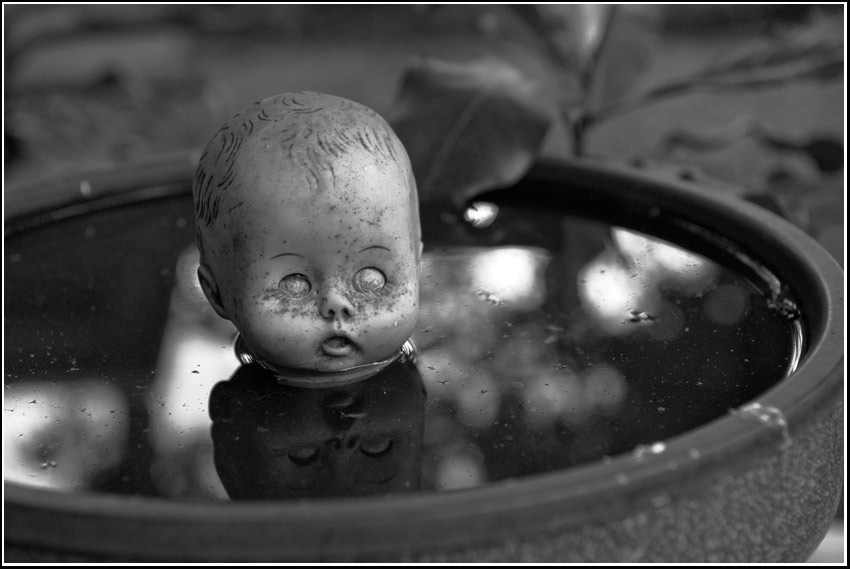
Look3 Festival, Charlottesville’s festival of the photograph is wrapping up. I missed the festival this year except for two slide shows and a quick look at the World Press Photo 11 Exhibit at McGuffey.
What a year for news photographers… Earthquakes, floods, fires and humans behaving badly. My baby in the birdbath has a real world counterpart, photo by Javier Manzano.
I am sad to have missed so much of the festival this year, won’t happen again.
Lola and Ranger
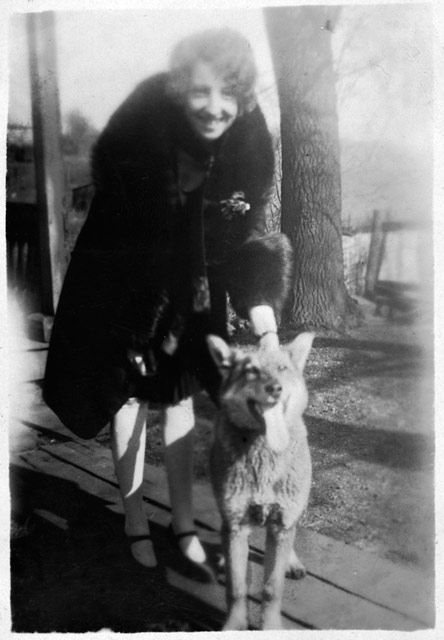
Woolen Mills neighbor Lola Holloway Thomas Knight died this week. Lola was born March 12, 1909, lived most of her life on Woolen Mills Road.
We miss Lola.
Daily Progress has the obit.
roadside
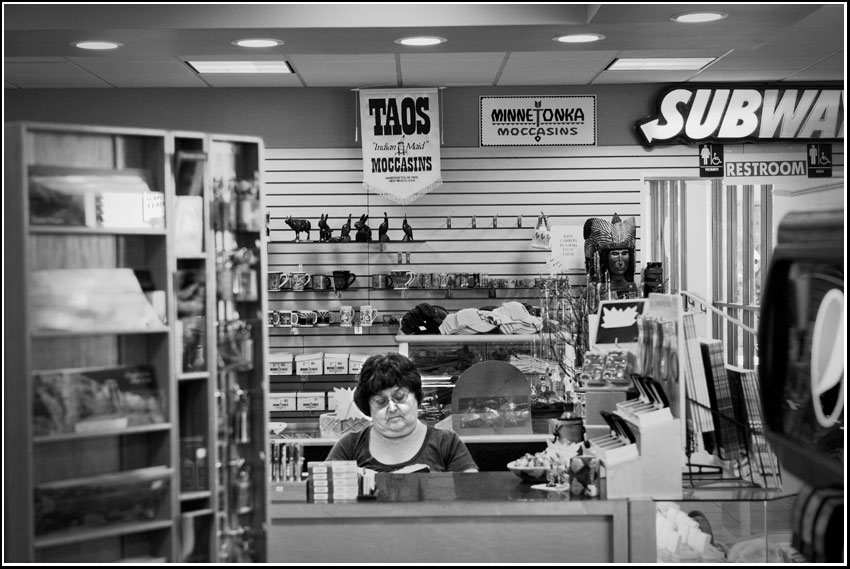
bric-a-brac
–noun ( used with a singular or plural verb )
miscellaneous small articles collected for their antiquarian, sentimental, decorative, or other interest.
Origin:
1830–40; < French, Middle French: literally, at random, without rhyme or reason; gradational compound from elements of obscure origin--Dictionary.com
Havasu Canyon
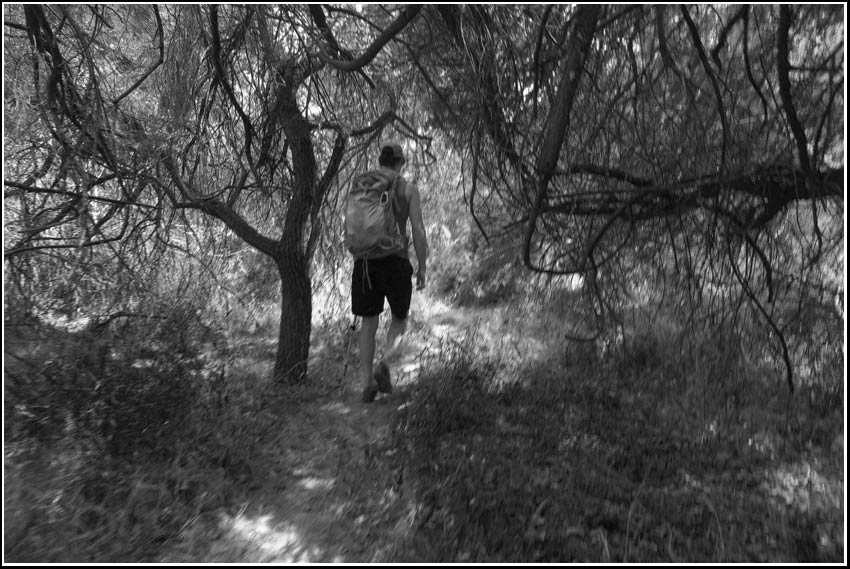
[Benjamin Lee Whorf] discovered that [Hopi] differs dramatically from languages of the Indo-European family such as English or French, particularly in its expression of the concept of time. English and its related languages have three major tenses – past, present, and future (“it was,” “it is,” “it will be”) – plus the fancier compound tenses such as “it will have been”. Having these tenses, Whorf argued, encourages Europeans and Americans to think of time as so many ducks in a row. Time past is made up of uniform units of time – days, weeks, months, years – and the future is similarly measured out. This division of time is essentially artificial, Whorf said, since people can only experience the present. Past and future are only abstractions, but Westerners think of them as real because their language virtually forces them to do so. This view of time has given rise to the fondness in Western culture for diaries, records, annals, histories, clocks, calendars, wages paid by the hour or day, and elaborate timetables for the use of future time. Time is continually quantified. — David S. Thomson, “Worlds Shaped by Words”
Las Vegas
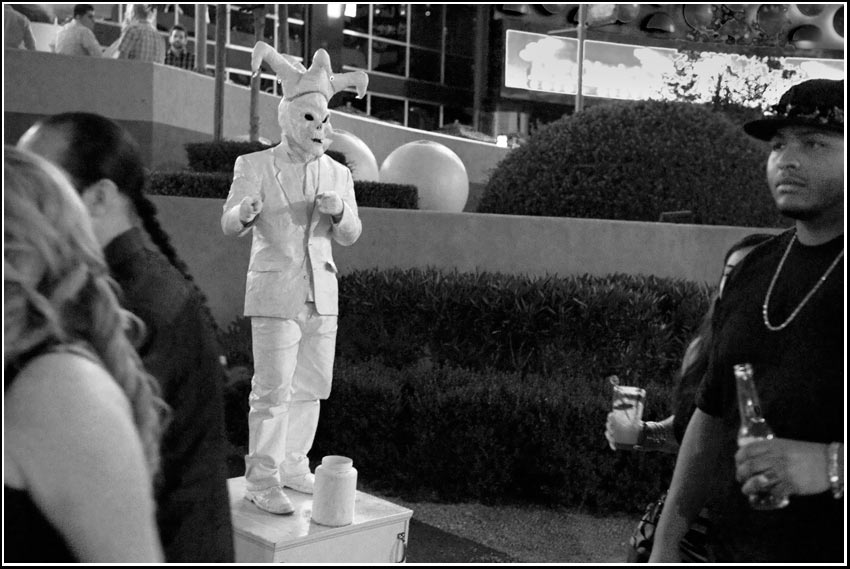
Reminded me of Hyde Park, Speakers Corner, standing on a box. That is where the similarity ends. This fellow was not speaking.
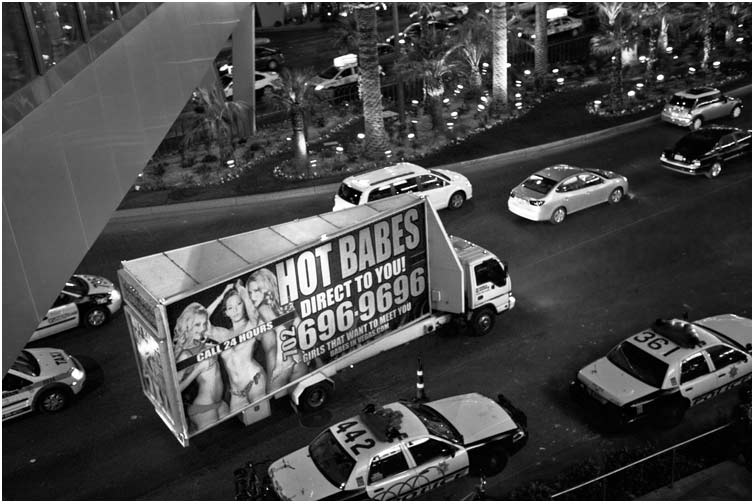
We have several ordinances in CHO which would discourage the appearance of this mobile advertising.
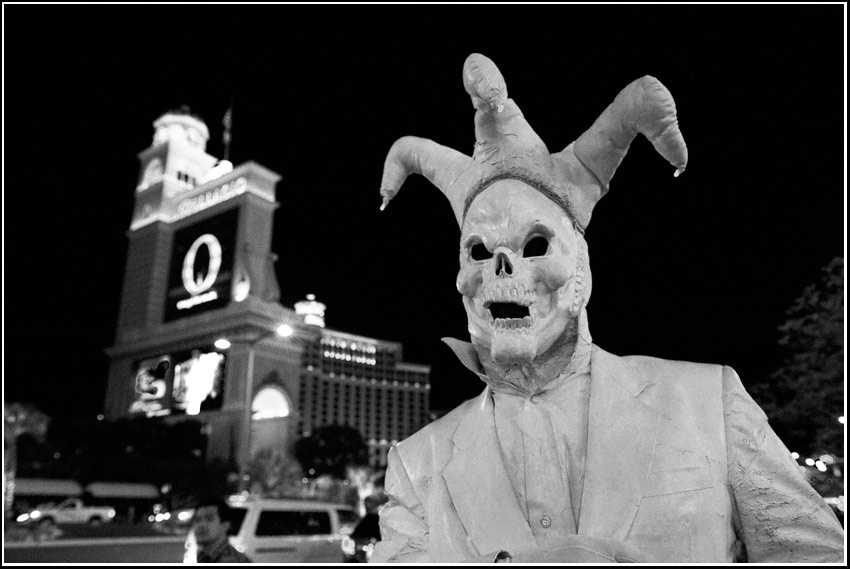
The fellow on the box, I am unsure of his message.
